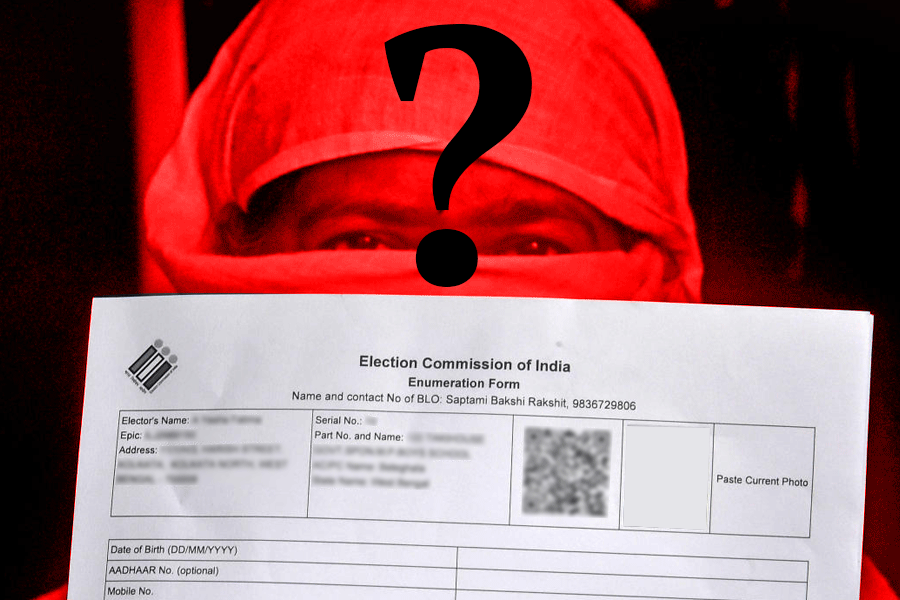The Supreme Court on Friday exercised its extraordinary powers under Article 142 to allow a child-rape convict from Bengal to stay out of jail and continue living with the victim, now his wife, observing that she was now "emotionally committed" to him and "has become very possessive of her small family".
The court also took cognisance of the trauma resulting from the social and legal fallout of the crime.
The bench of Justices Abhay S. Oka and Ujjal Bhuyan was dealing with an appeal from the Bengal government against a Calcutta High Court judgment that had set aside the conviction and 20-year jail term imposed by a special Pocso court on the 25-year-old accused for raping his 13-year-old neighbour in 2018.
"Society judged her, the legal system failed her, and her own family abandoned her. Now, she is at a stage where she is desperate to save her husband," the apex court said.
The bench added: “Now, she is emotionally committed to the accused and has become very possessive of her small family. We are of the view that if we send the accused to jail, the worst sufferer will bethe victim herself. As compared to the situation in 2018, she is better placed today. Now she is comfortable with her small family.”
While setting aside the conviction and the sentence, the high court had observed that adolescent girls should curb their sexual urges, drawing flak from civil society and prompting the apex court to take suo motu cognisance, besides taking up the state government’s appeal.
A three-member committee appointed by the Supreme Court and amici curiae (friends of the court) Madhavi Divan and Liz Mathew had in their reports suggested that both the accused and the victim, besides their daughter, should be rehabilitated with monetary and other assistance.
“In this case, the society, the family of the victim and the legal system have done enough injustice to the victim. She has been subjected to enough trauma and agony. We do not want to add to the injustice done to the victim by sending her husband to jail,” the bench said.
“We, as judges, cannot shut our eyes to these harsh realities. Now, at this stage, in order to do real justice to the victim, the only option left before us is to ensure that the accused is not separated from the victim. The state and the society must ensure that the family is rehabilitated till the family settles down in all respects.”
Invoking its extraordinary jurisdiction under Article 142, the apex court said it was in a position to do substantial justice, adding that “though the accused stands convicted, he will not undergo sentence”.
“In the context of this situation, sadly, true justice lies in not sentencing the accused to undergo imprisonment. This case is not going to be a precedent, and should not be a precedent. This case is an illustration of the complete failure of our society and our legal system,” Justice Oka observed.
“All that the system can do for the victim now is to help her fulfil her desire of completing her education, settling down in life, providing a better education to her daughter and ensuring overall better living conditions for her family.”










